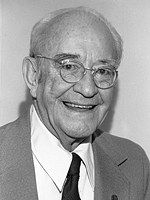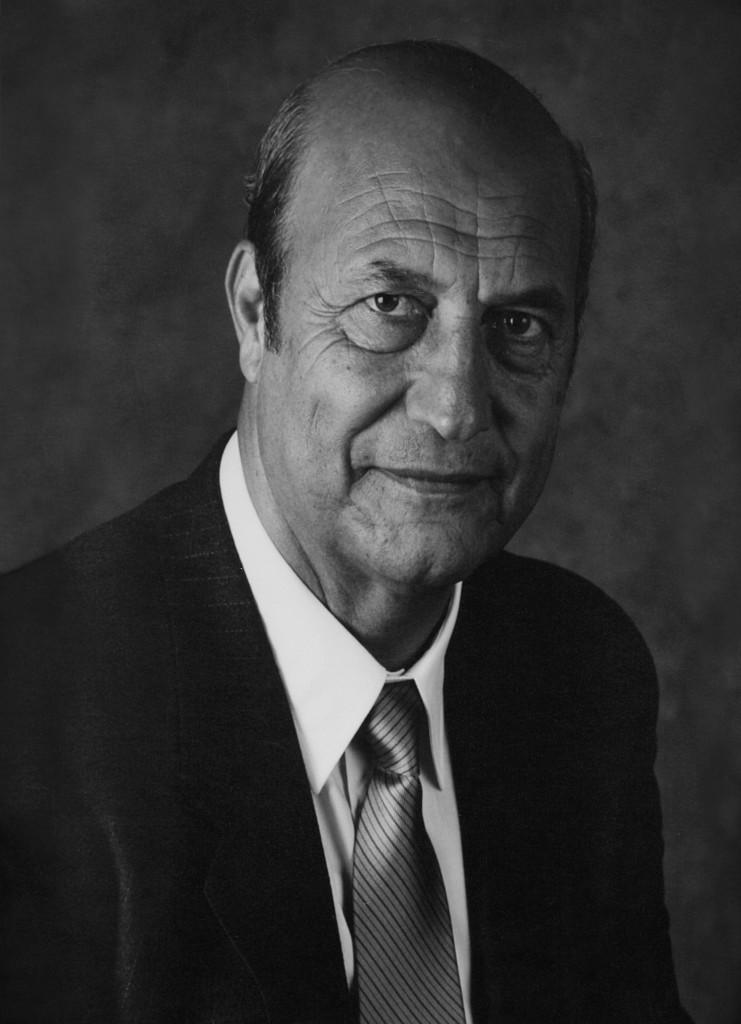Since its founding in 1962, the UC Davis College of Engineering has graduated more than 29,000 engineering and computer science students studying in disciplines ranging from biotechnology to space exploration.

The college was led in its early years by Roy Bainer, an agricultural engineering professor who joined UC Davis in 1929. Bainer, an expert on agricultural mechanization, developed a successful and efficient process to segment and decorticate (remove the outer covering) of sugar beet seeds.
After being named founding dean of the college in 1962, Bainer built upon the core strength of agricultural engineering and expanded the college to encompass a wide range of engineering disciplines. During his seven years as dean, about 65 new engineering faculty were hired and the College of Engineering student enrollment increased from 265 to 1,030 in 1969. The first engineering building was named Roy Bainer Hall in his honor.
Mechanical engineer John D. Kemper was the second dean of the College of Engineering. During his tenure as dean, the college doubled in size and new graduate and undergraduate programs were established in computer science and aeronautical engineering. Kemper helped grow the college’s reputation for blending theory and practice and preparing students for their careers as working engineers. The John D. Kemper Hall of Engineering was named in his honor in 2003.

In 1983, electrical and computer engineer Mohammed S. Ghausi joined UC Davis as the college’s third engineering dean. During his tenure, Ghausi championed the expansion of the Mathematics, Engineering and Science Achievement (MESA) program to serve underrepresented students. In 1991, Ghausi created the Women in Engineering program, the first of its kind in the UC system. He also played a pivotal part in the expansion of the college’s footprint to include three new buildings: Academic Surge, Kemper Hall and Engineering III, which was named Mohammed S. Ghausi Hall in 2010.
Building on the tremendous accomplishments of Bainer, Kemper and Ghausi in the college’s first three decades, subsequent engineering deans helped establish the college’s strengths in energy, climate, transportation, biomedicine and space exploration. These efforts were coupled intentionally with an unwavering commitment to attract, retain, serve and recognize diversity in students and faculty.
Throughout its history, the UC Davis College of Engineering has made a positive difference in the world through socially responsible engineering. Today, we are proud to prepare more than 4,600 undergraduate students and nearly 1,200 graduate students to become the next generation of engineering leaders and entrepreneurs.

